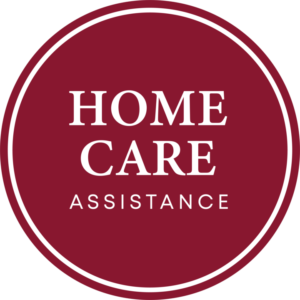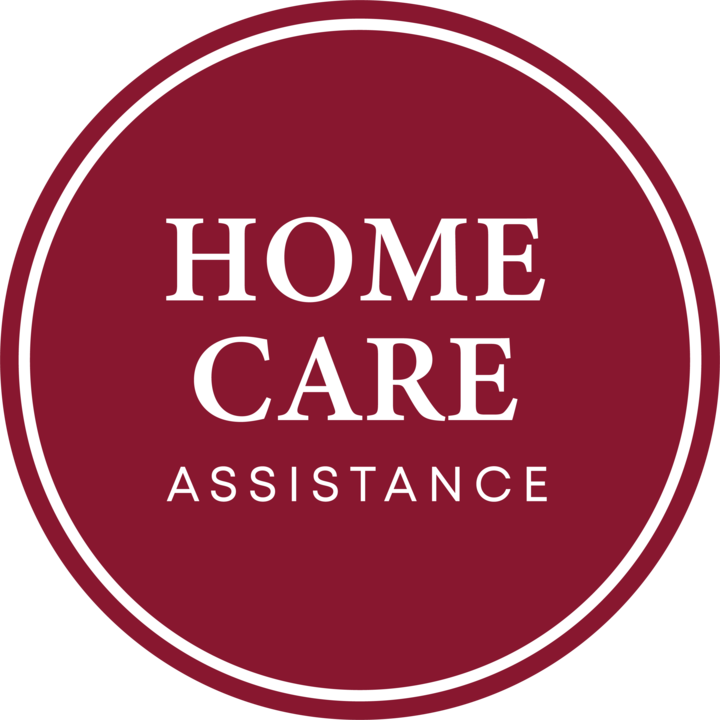BY HOME CARE ASSISTANCE JEFFERSON COUNTY 8 AM ON NOVEMBER 9, 2022

Keeping senior stroke survivors actively engaged is vital. The stimulation could prevent a recurrent stroke and help seniors restore many of the skills they lost due to their brain attacks. Below are some cognitive exercises for senior stroke survivors and the benefits of each activity.
1. Chess
Brain workouts are essential to stroke recovery, and chess should be one of the exercises to add to your aging loved one’s activity list. Playing chess stimulates the mind and strengthens mental capacity. The more your loved one works out his or her brain, the better he or she may be at retaining information. Playing chess with a partner also provides socialization, which lowers the risk of depression.
Certain age-related conditions can make it more challenging for seniors to age in place safely and comfortably, but Lakewood live-in care experts are available around the clock to help seniors manage their health. Whether your loved one is living with dementia or recovering from a stroke, you can trust the professional live-in caregivers from Home Care Assistance to enhance his or her quality of life.
2. Painting
Adapting to change is difficult for many seniors, especially those who have survived strokes. The effects of a stroke make it challenging to do many daily tasks. However, cognitive exercises such as painting can strengthen memory and communication abilities while helping seniors enhance conceptual skills. As a result, they can boost their problem-solving abilities. Another advantage of painting is the motor benefits it offers. Holding and using a paintbrush strengthen dexterity and mobility.
3. Singing
Music therapy is an excellent way to boost cognition following a stroke. Seniors can learn new songs or sing some of their favorite tunes. The objective is to work out different areas of the brain, especially those damaged due to the stroke. While listening to music and reciting the words, your loved one can boost his or her mental health. In addition to boosting mental alertness and promoting better concentration, singing can increase blood circulation, lowering the risk of a recurrent stroke.
Seniors can face a variety of age-related challenges. Though some families choose to take on the caregiving duties, there may come a time when they need a trusted homecare provider. Families sometimes need respite from their duties so they can focus on their other responsibilities, and some seniors need around-the-clock assistance that their families are not able to provide. Home Care Assistance is here to help.
4. Word Searches
Working on word searches can enhance pattern recognition, which is a critical cognitive skill for seniors. Pattern recognition helps the brain find order, which enables stroke survivors to create meaning from the things around them. Strengthening this ability makes it easier to move around following a stroke and lowers the risk of slips and falls. For instance, if your loved one’s memory is impaired and he or she cannot determine whether an object is actually a floor pattern, he or she might slip on the item and experience a severe injury. However, increased pattern recognition skills make it easier to navigate the home and other areas.
5. Brain Training Games
Processing speed typically decreases after a stroke, but brain training games such as Lumosity, an online brain game that consists of interactive puzzles, can increase cognitive speed and provide other brain benefits. These games keep seniors engaged and reduce the time it takes to complete mental tasks. Enhancing processing speed can make it easier for your loved one to communicate with others and increase his or her safety.
A professional caregiver can be a wonderful source of support for a senior recovering from a stroke. If your elderly loved one needs help maintaining a high quality of life while aging in place, reach out to Home Care Assistance, a trusted provider of Lakewood senior care. Our caregivers provide transportation to and from medical appointments and social events, nutritious meal preparation, assistance with daily exercise, and help with everyday tasks like bathing, grooming, and light housekeeping. We will work with you to create a customized home care plan that’s suited for your loved one’s unique needs. Call the Home Care Assistance team at (303) 987-5992 today.



